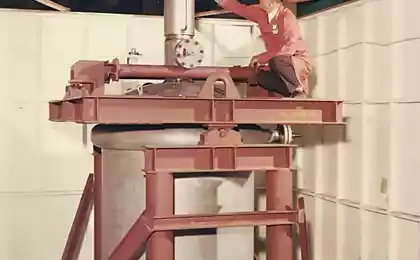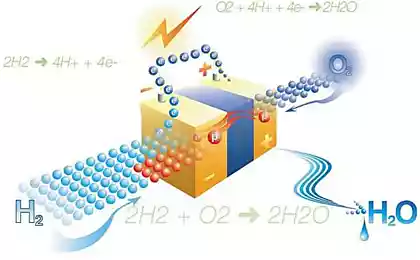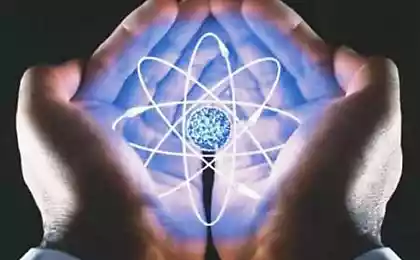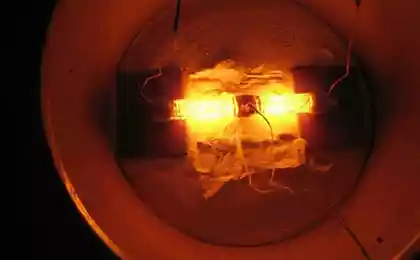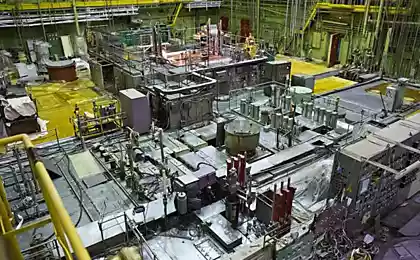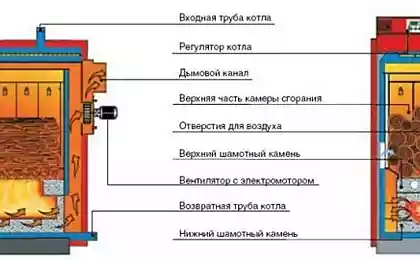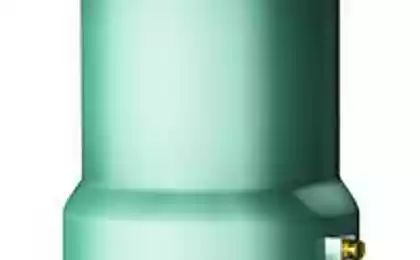197
Japan develops nuclear reactors that use radioactive waste as fuel
The Japanese company Hitachi announced the continuation of joint research with three American universities aimed at using transuranic elements (TRU) as fuel, as well as the further development of boiling water nuclear reactors (RBWR), which allow more efficient use of uranium reserves.
Hitachi hopes that these studies will help assess the efficiency and safety of the RBWR reactors currently under development at Hitachi GE Nuclear Energy Ltd. In addition, she plans to explore the possibility of practical testing of new technologies together with scientists from the Massachusetts Institute of Technology (MIT), the University of Michigan (U-M) and the University of California at Berkeley (UCB).
Uranium fuel used in nuclear power plants contains radioactive transuranic elements that are harmful to humans. It is estimated that the half-life of these elements is at least 100,000 years. And if it becomes possible to remove them from spent nuclear fuel, the half-life of the remaining radioactive waste could be reduced to several hundred years. For this reason, scientists around the world are conducting research and development to reorient nuclear reactors to nuclear fission of transuranium waste.
As a solution to this problem, Hitachi proposed nuclear reactors on boiling water. The company suggests that along with uranium, they can use as fuel transuranium elements isolated from spent fuel and specially processed. The company’s proposal is based on research conducted between 2007 and 2011.
Source: www.cheburek.net
Hitachi hopes that these studies will help assess the efficiency and safety of the RBWR reactors currently under development at Hitachi GE Nuclear Energy Ltd. In addition, she plans to explore the possibility of practical testing of new technologies together with scientists from the Massachusetts Institute of Technology (MIT), the University of Michigan (U-M) and the University of California at Berkeley (UCB).
Uranium fuel used in nuclear power plants contains radioactive transuranic elements that are harmful to humans. It is estimated that the half-life of these elements is at least 100,000 years. And if it becomes possible to remove them from spent nuclear fuel, the half-life of the remaining radioactive waste could be reduced to several hundred years. For this reason, scientists around the world are conducting research and development to reorient nuclear reactors to nuclear fission of transuranium waste.
As a solution to this problem, Hitachi proposed nuclear reactors on boiling water. The company suggests that along with uranium, they can use as fuel transuranium elements isolated from spent fuel and specially processed. The company’s proposal is based on research conducted between 2007 and 2011.
Source: www.cheburek.net
Project Wing - delivery system gruzov for aid drone from Google + video
Port Solar Charger turns glass into an energy generator
